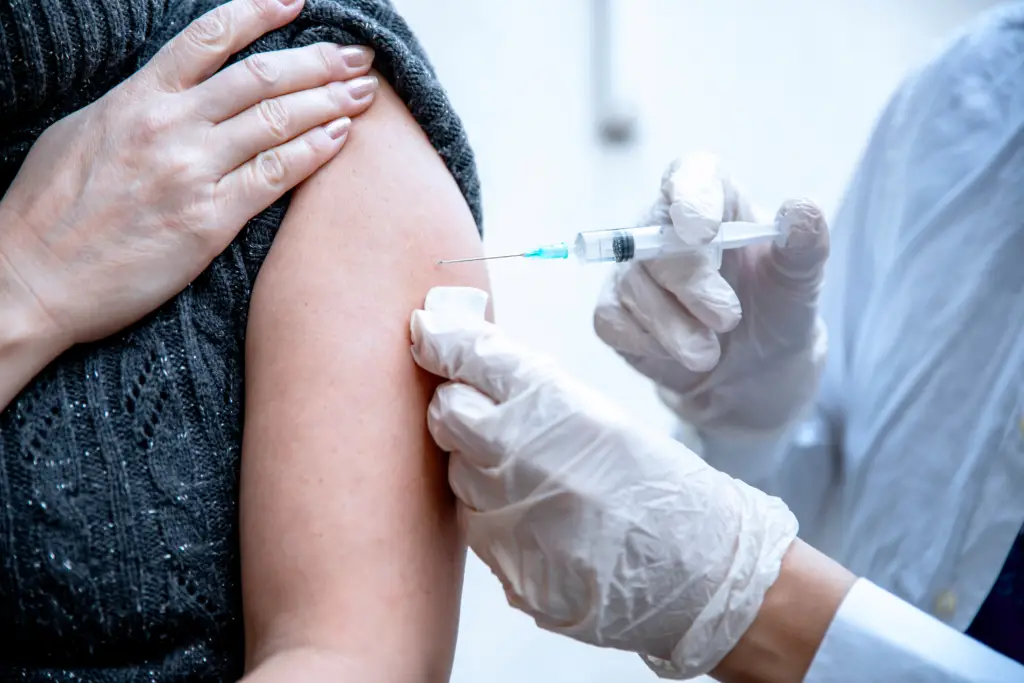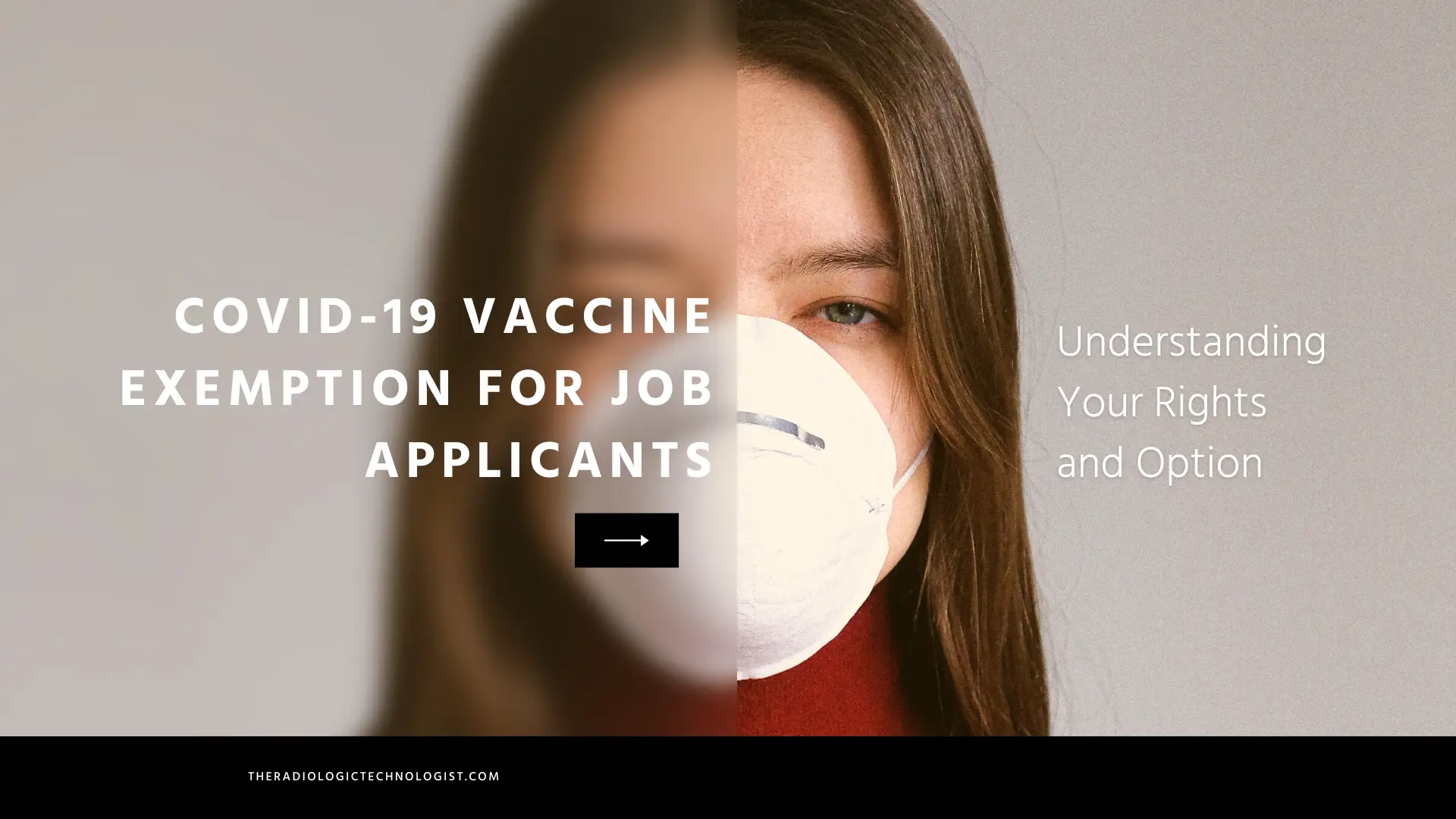As the COVID-19 vaccination efforts continue, many individuals wonder about the implications of not vaccinating, particularly regarding employment opportunities.
Suppose you have a medical exemption from receiving the COVID-19 vaccine due to a documented high-risk medical history. In that case, it is natural to have concerns about the impact on your job prospects.
This blog post will explore whether a job offer can be denied based on a COVID-19 medical exemption. Also, discuss the importance of understanding an employer’s policy, and provide suggestions for navigating this situation.
Understanding Employer Policies and Exemptions
Employers have the right to establish policies regarding COVID-19 vaccinations for their workforce. While some employers may have strict vaccination requirements, others may provide exemptions for medical reasons or religious beliefs.
It is essential to familiarize yourself with the specific policies of the organization you are applying to.
The Role of the Interview
During the interview process, it is a good idea to ask about the employer’s vaccination policy and whether they have specific procedures or requirements for applicants seeking exemptions.
This will help you better understand the organization’s stance. It will also allow you to provide any necessary documentation regarding your medical exemption.
Seeking Clarification After the Interview:
It is not too late to seek clarification if you did not inquire about the vaccination policy during your interview. Contact the HR department or the recruiter who conducted your interview and express your concerns.
They can guide how to proceed with applying for a COVID-19 vaccine exemption.
The Significance of the Medical Exemption Letter
The medical exemption letter from your doctor plays a crucial role in this situation. While you may feel that the note was brief, what matters most is that it clearly states your medical history and the reasons behind the exemption.
Employers typically respect the privacy of personal medical information, and you are not obligated to disclose your medical record to the HR department. The letter should provide enough information for the employer to understand the basis of your exemption.

Navigating the Hiring Process
If you receive a job offer, discussing with the HR representative or recruiter the next steps for requesting the exemption is important.
They will guide you through the process, which may involve submitting your medical exemption letter and any supporting documents to establish the validity of your claim.
Remaining Professional and Respectful
Throughout the entire process, it is crucial to maintain a professional and respectful attitude. Understand that employers have the right to make decisions based on their vaccination policies, but they must also consider reasonable accommodations for individuals with valid exemptions.
Open and honest communication will help ensure that your situation is handled appropriately.
Conclusion
Having a medical exemption from receiving the COVID-19 vaccine should not automatically disqualify you from job opportunities. Employers have varying policies and procedures in place, and it is essential to understand their requirements and seek clarification when necessary.
Your medical exemption letter and any supporting documents serve as evidence of your exemption and should be provided to the employer upon request. Remember to navigate the hiring process with professionalism and respect, maintaining open lines of communication with the HR department or recruiter.
By doing so, you can address any concerns and work towards finding a suitable solution that respects your medical needs and aligns with the employer’s policies.

